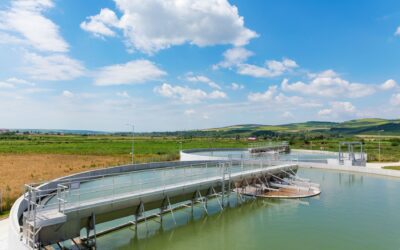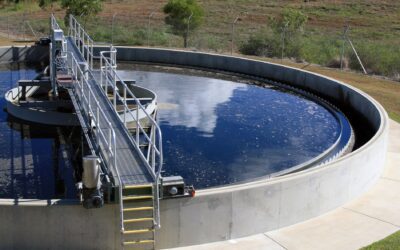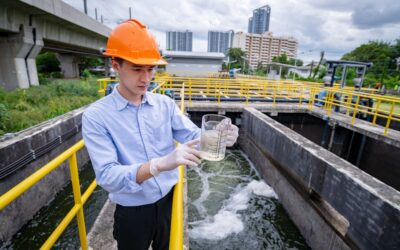Industry Insights
28. Why Choose Floc Systems Inc.’s Floc Powder for Your Water Treatment Needs
Water treatment is essential, not just for maintaining our everyday water supply but for ensuring industries can operate efficiently...
27. Innovative Techniques in Wastewater Treatment: The Role of Flocculants in Improving Effluent Quality
Wastewater treatment is a crucial aspect of maintaining a healthy environment and preserving our planet's valuable water resources....
26. Embracing Flocculants in Agricultural Runoff Management: Enhancing Water Quality and Farming
Agriculture is a vital sector for feeding the ever-growing global population, yet it poses various challenges in terms of water...
25. Why We Use Flocculants in Water Treatment Processes
Water treatment is a critical concern for many industries, particularly when it involves keeping our natural water resources clean...
24. Flocculants in Stormwater Management: Combat Runoff Pollution for a Sustainable Future
As urbanization continues across the globe, stormwater management has emerged as a critical element in ensuring sustainable and...
23. Revolutionizing Industrial Wastewater Treatment with Flocculants: Improving Efficiency and Sustainability
As the global population continues to grow, and industrial development advances rapidly, the impact upon our environment and water...






